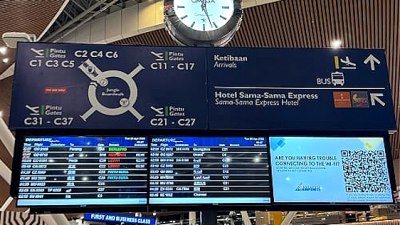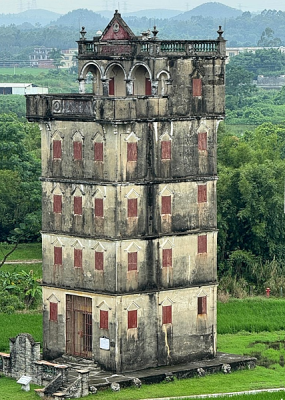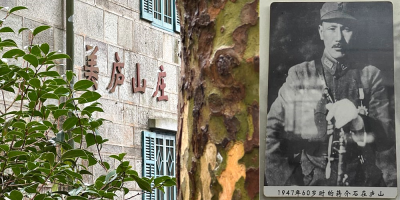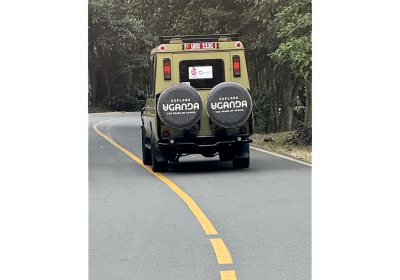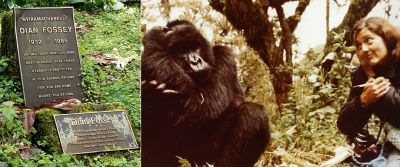Shortly before the 2020 Chinese New Year, the Chinese city of Wuhan made a shocking lockdown announcement because of an unknown viral epidemic that spread very rapidly across China and beyond. Two cases were already reported in Thailand, one in Japan.
The thing is, people didn’t take this matter very seriously. Soon afterwards, British epidemiology professor N. Ferguson warned on BBC that he was very concerned even though it was not then proven that the virus could spread from people to people.
Ferguson was right! Until today, almost April in 2022, the entire planet has been overrun by the virus called COVID-19. More than six million people have lost their lives to it!
Back then many thought this virus would be just like SARS or H1N1 that we had experienced, vanishing completely on its own after a couple of months. Only established virologists around the world were seriously studying it, because they felt this virus strain was very unusual.
Donald Trump and the Brazilian president, nonetheless, did not give the virus’ menace a heed. In the end, infection chains were formed and things began to get out of hand!
Given the fact the annual Spring Festival has always been the super-peak season for travel agencies here, we found ourselves stoned, not knowing what to do next. Several cities in China had resolutely banned inbound and outbound travels although in some cities in the northeast, it was still business as usual.
Most other countries, meanwhile, were still observing while waiting for further instructions from the WHO, but airline companies were still operating as usual.
So, on the first day of Chinese New Year, our tour on chartered flight to Harbin took off half-full. But after three days, major tourist attractions in China’s northeast started to shut down and it looked like we had no choice but to return to Malaysia as soon as possible.
On the second day of CNY, I myself traveled to three countries in the Middle East (Oman, Bahrain and Lebanon) as scheduled for a familiarization trip.
I came to realize that the flights we took were operating far below capacity while the airports we visited were practically empty. Upon inquiry with the locals, we were told that five cases had been reported in Dubai, triggering a region-wide panic in the Middle East.
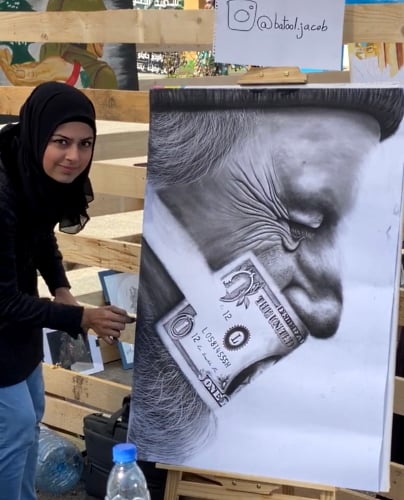
Indeed, many tourist attractions there ended their day’s business much earlier as if some kind of invisible extra-terrestrial monster was invading our human world. I went to several pharmacies but could not find any face mask, not just N95.
Five days later, while I was roaming leisurely in downtown Beirut, I ventured into the sporadic crowds of protesters, trying to find out why they protested against their government.
Most of the demonstrators were young people, almost all unmasked. I was the only lunatic putting on a four-ply mask!
I later came to know that unemployment in Lebanon was near critical level and many people did not have spare money to buy face masks.
Actually, face masks were not sold out in the city’s pharmacies but rather because the government and local businesses were short of dollars to buy these “luxurious imports”, and many people just had to improvise with pieces of handkerchiefs. What could a war-torn country like Lebanon do to resist the invasion of the coronavirus?
Misfortunes never come singly. On 4th August the same year, the Beirut Port ammonium nitrate explosion killed 218 people and injured nearly 7,000 others, rendering 770,000 people homeless.
While listening to the report by the Harbin tour leader who had returned earlier, what appeared before my eyes were the miserable sights in Lebanon. I felt uneasy about this sudden burst of pandemic, worrying that it would paralyze the whole travel industry.
On 5th February, a piece of news thoroughly crushed the tourist industry. Diamond Princess, a luxurious cruise ship with 3,711 passengers onboard, had to be put on mandatory quarantine at Port of Yokohama in Japan. 712 people onboard were infected with the virus, seven to 14 people eventually killed by it. Tens of thousands of cruise ships sailing across the world began to get very worried
Luckily no infections were yet reported on ships in the Mediterranean and South America!
The Antarctica cruise notified us we would sail off as scheduled. 16 of us from Malaysia made a collective decision to sail to Antarctica on 24th February as planned.
The story doesn’t end here. Stay tuned!
More in the Isshōkenmei series
(Lee San is Founder and Group Executive Chairman of Apple Vacations. He has traveled to 132 countries, six continents, and enjoys sharing his travel stories and insights. He has also authored five books.)
ADVERTISEMENT
ADVERTISEMENT






